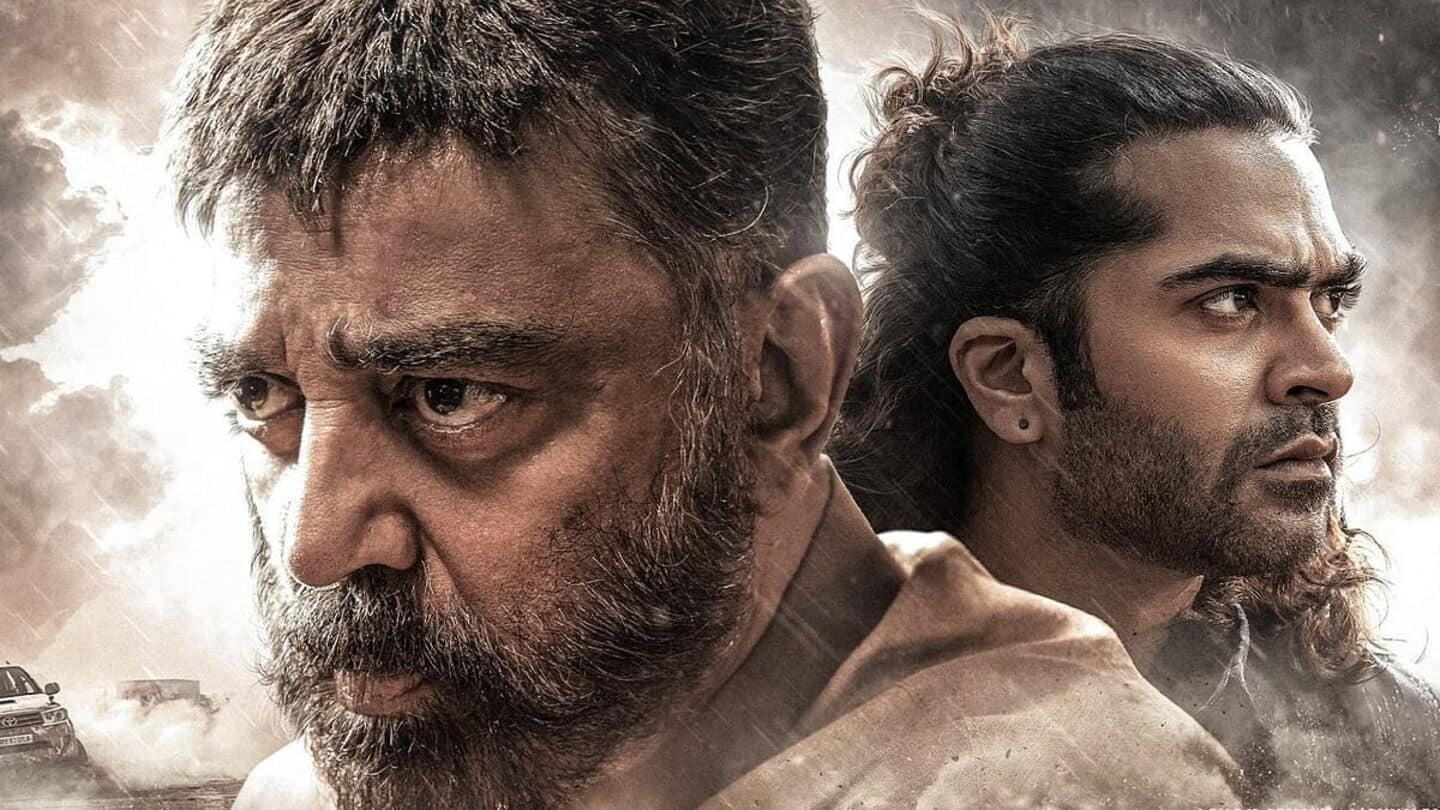
'Thug Life' security petition: SC asks Karnataka to respond
What's the story
The Supreme Court of India asked the Karnataka government on Friday to respond to a petition seeking police protection for the release of Kamal Haasan's film Thug Life in the state. The petition alleges that despite receiving certification from the Central Board of Film Certification (CBFC), the film is facing a ban in Karnataka due to threats of violence against theaters screening it.
Legal proceedings
'State has completely capitulated...joined hands with extremists': Advocate
The petition, filed by a Bengaluru resident, M Mahesh Reddy, claims that the film is facing a "de facto ban" due to threats from fringe organizations and the inaction of state authorities. Advocate A Velan, representing Reddy, alleged that "the State has completely capitulated" and "joined hands with extremist elements." He claimed one theater was seized while women and children were still inside without any FIR being registered.
Film controversy
KRV president threatened to 'set theaters on fire'
The controversy began when Victory Cinema in Bengaluru announced its plan to screen Thug Life. Karnataka Rakshana Vedike (KRV) President TA Narayana Gowda allegedly threatened to "set theaters on fire" if any Haasan film was released in the state. The plea also cites a social media post from the same time that called for a repeat of the 1991 anti-Tamil riots and warned of violence after the film's release on June 5.
Industry response
KFCC had declared a 'ban' on the film
The situation escalated when KRV members attempted to lay siege to Victory Cinema on June 1. Following this, the Karnataka Film Chamber of Commerce (KFCC) reportedly declared a "ban" on the film under pressure from various groups. Despite these developments, no case has been registered so far against anyone involved in the threats or violence surrounding Thug Life's release.
Legal shift
Petitioner claims HC shifted to Haasan's apology
The petitioner also claimed that despite the film's producer approaching the Karnataka High Court for police protection, the hearing's focus shifted to whether Haasan should apologize for his past statements. This was seen as an act of appeasement by Reddy, who argued it rendered the High Court route ineffective in protecting fundamental rights. After HC's observation that it was better to apologize, Haasan had declined to do so and stated he was in talks with KFCC on the matter.